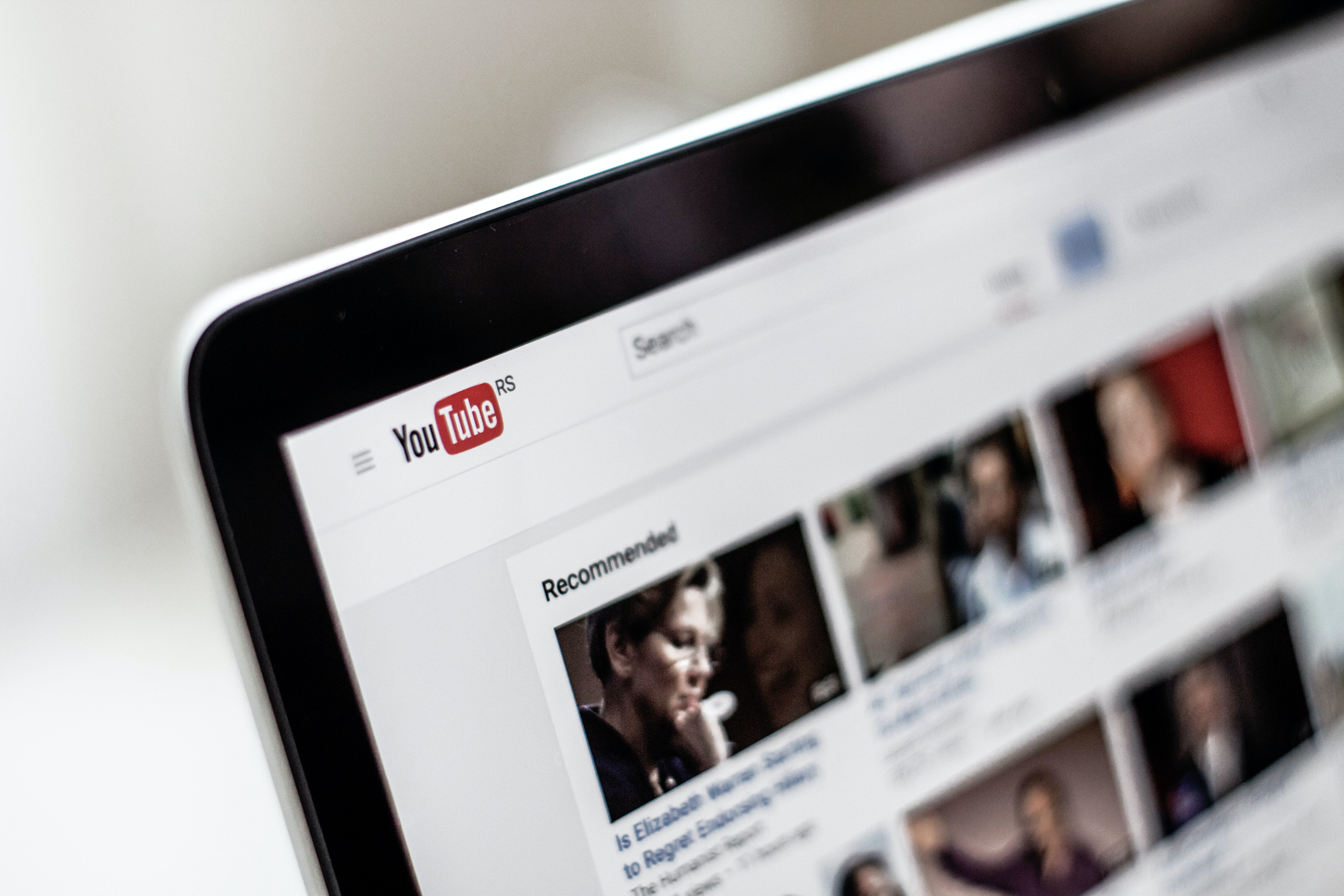YouTube bans misinformation that coronavirus vaccine will kill or be used to implant surveillance microchips
The World Health Organisation says a vaccine against Covid-19 may be ready by the end of 2020

YouTube has announced that it is expanding its misinformation policy to remove false claims about a potential Covid-19 vaccination.
Claims that contradict local health authorities such as the NHS in the UK, or the World Health Organisation, will be removed.
This includes claims that the vaccine will kill people or cause infertility, as well as conspiracy theories that microchips will be implanted in people who receive the vaccine.
Both conspiracy theories have been propagated recently. According to polls, half of Fox News viewers believe that Bill Gates wants to use a coronavirus vaccine to implant microchips into Americans for global surveillance.
In London, anti-lockdown and anti-vaccination protestors gathered in Trafalgar Square, claiming that the coronavirus is a hoax or, should it exist, government lockdowns should end.
The World Health Organisation says a vaccine against Covid-19 may be ready by the end of 2020.
Nine experimental vaccines are being developed by the Covax global vaccine facility, with the intention to distribute two billion doses by the end of 2021.
YouTube already removes certain misinformation about the coronavirus. This includes claims that the virus does not exist, content which discourages people from seeking medical treatment, or content which disputes local health advice.
The video hosting site has “removed over 200K videos related to dangerous or misleading COVID-19 information” since February.
Content that “comes close to” violating the company’s Community Guidelines is apparently less than one percent of content watched in the United States. Nevertheless, the company has been reducing recommendations of this borderline content since January 2019, it says.
YouTube is not the only technology giant struggling to contain coronavirus misinformation. Social media companies are only taking down two per cent of reported posts spreading misinformation about vaccines, according to studies.
Facebook has said it will ban ads on its platform that discourage vaccinations, with the exception of adverts about government vaccine policies.
Twitter also added new labels and warning messages to “provide additional context and information” to tweets with “disputed or misleading information” about the coronavirus.
However, misinformation on Facebook remains worse than it was during the 2016 election, and spiked in 2020.
Join our commenting forum
Join thought-provoking conversations, follow other Independent readers and see their replies
Comments


Bookmark popover
Removed from bookmarks